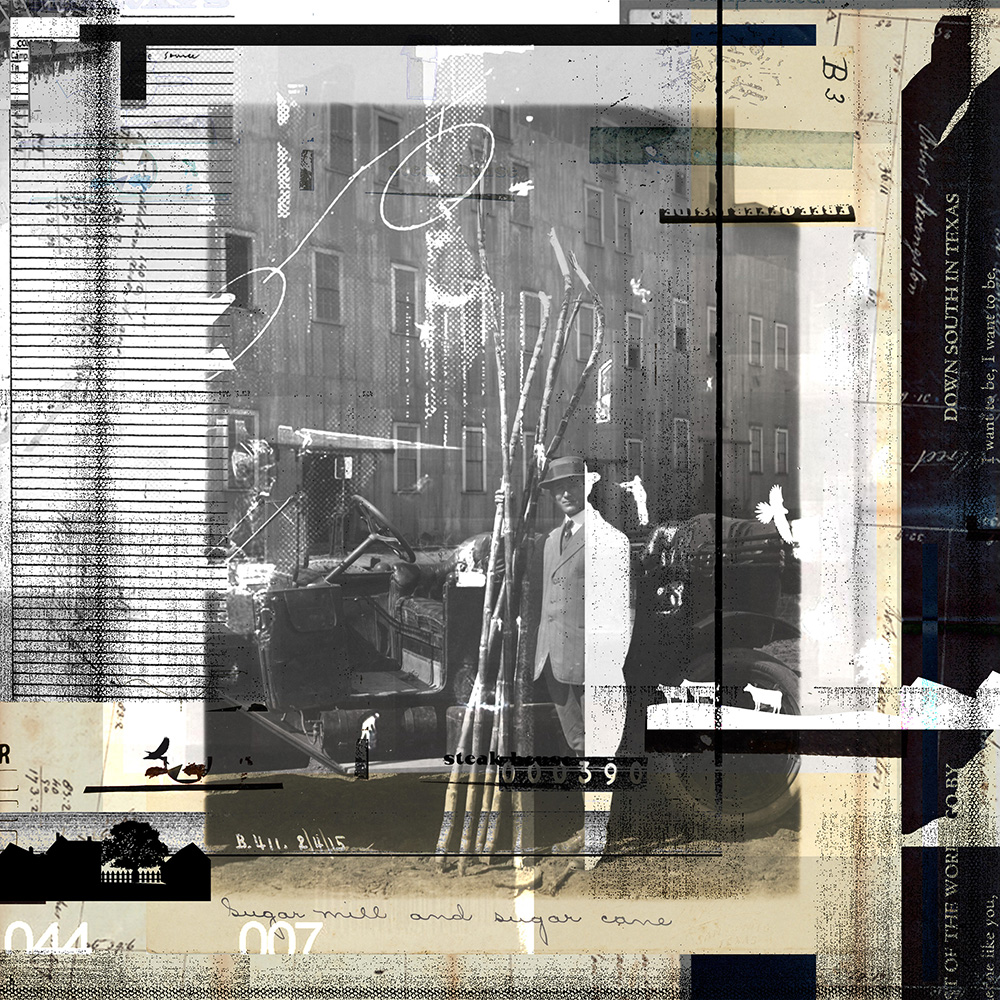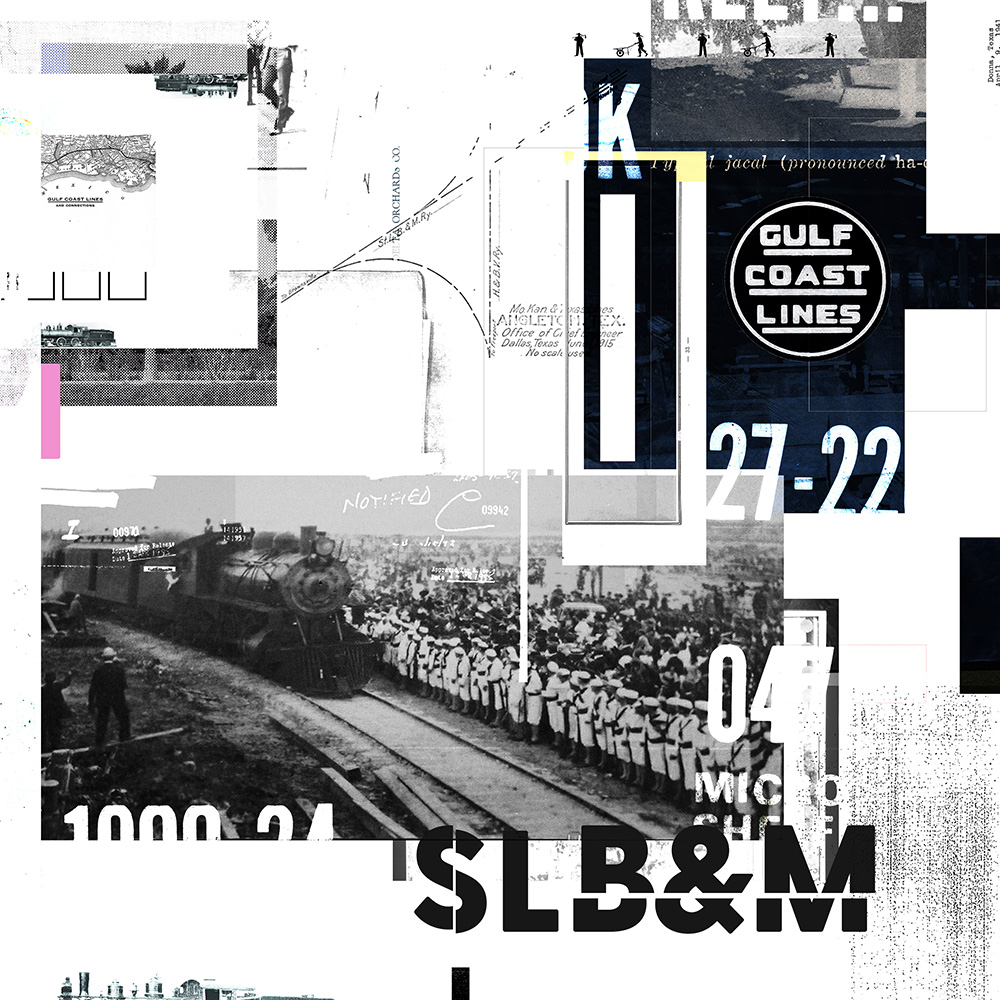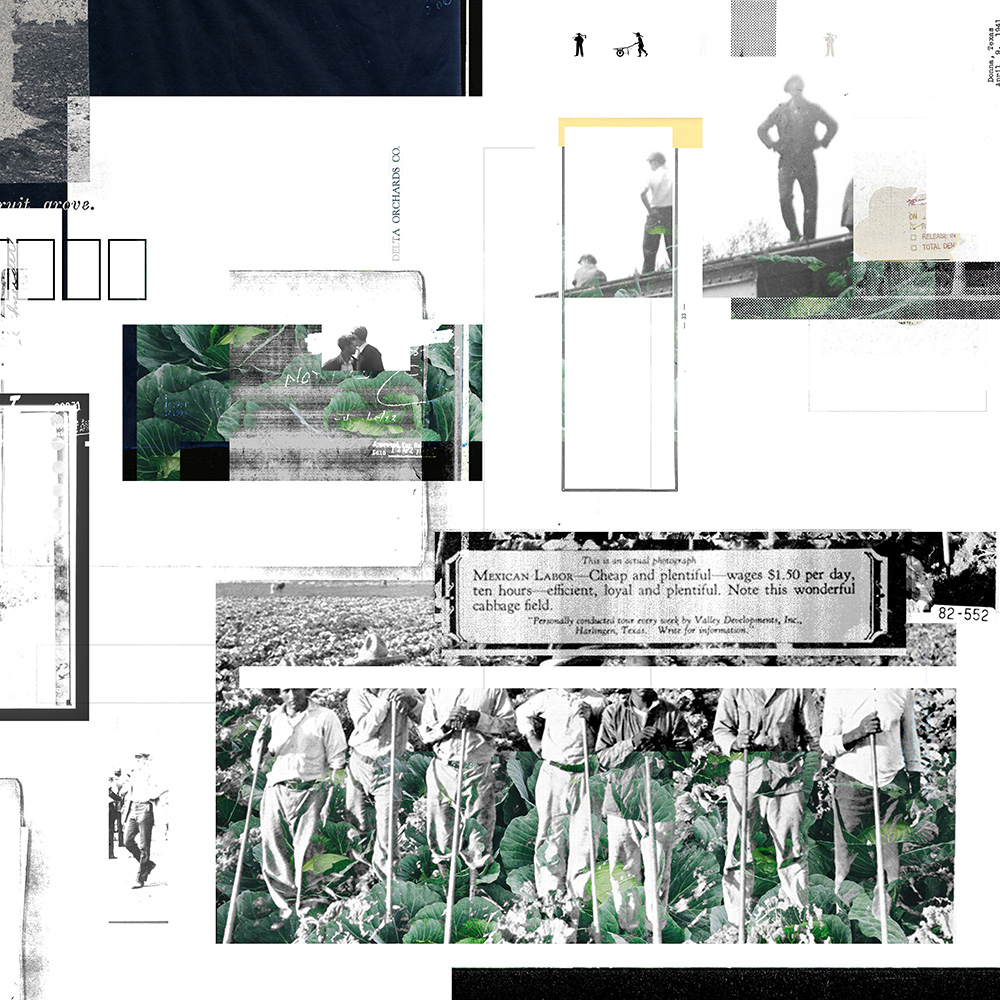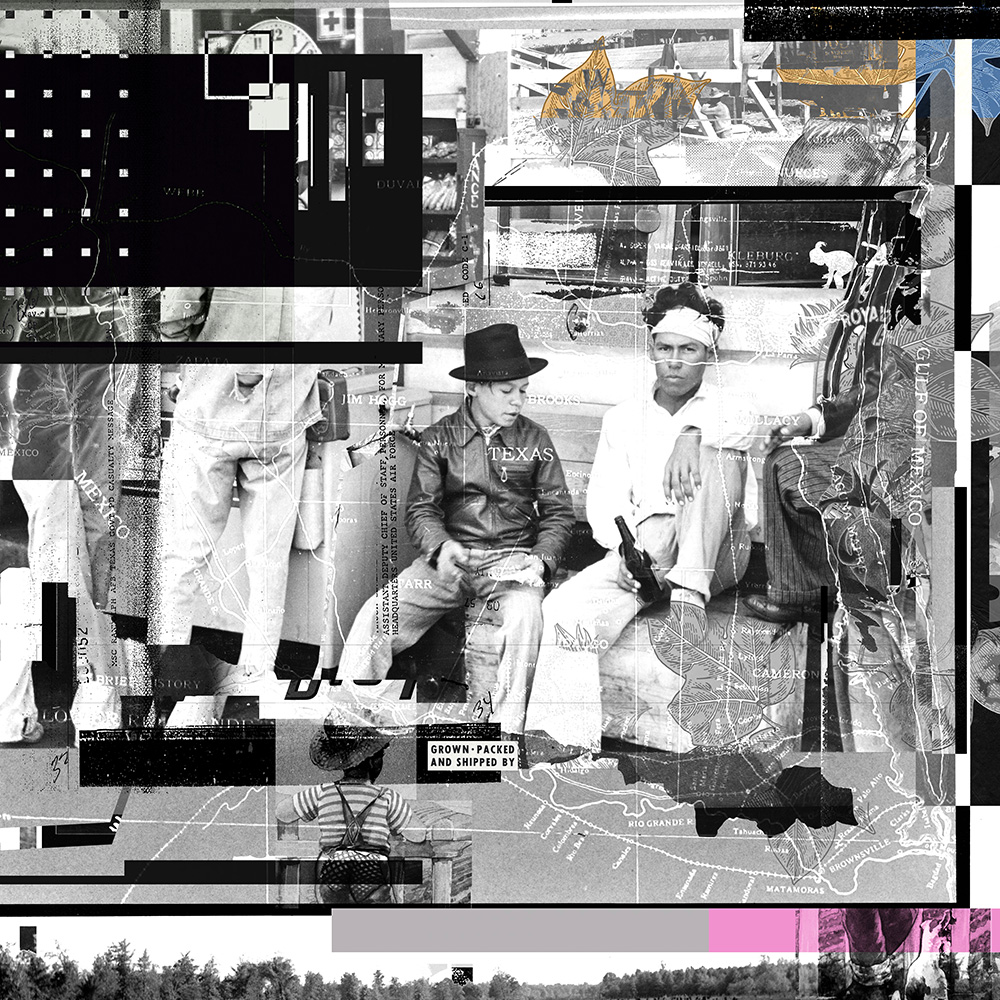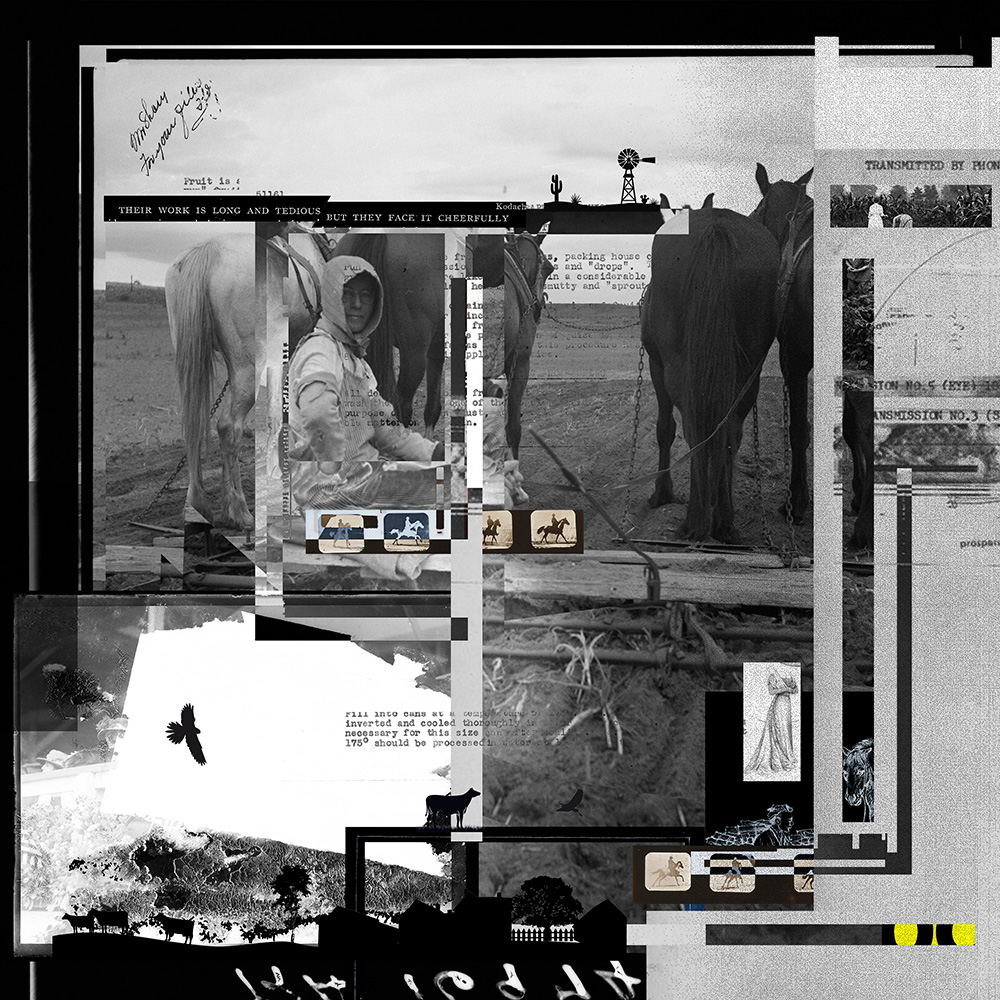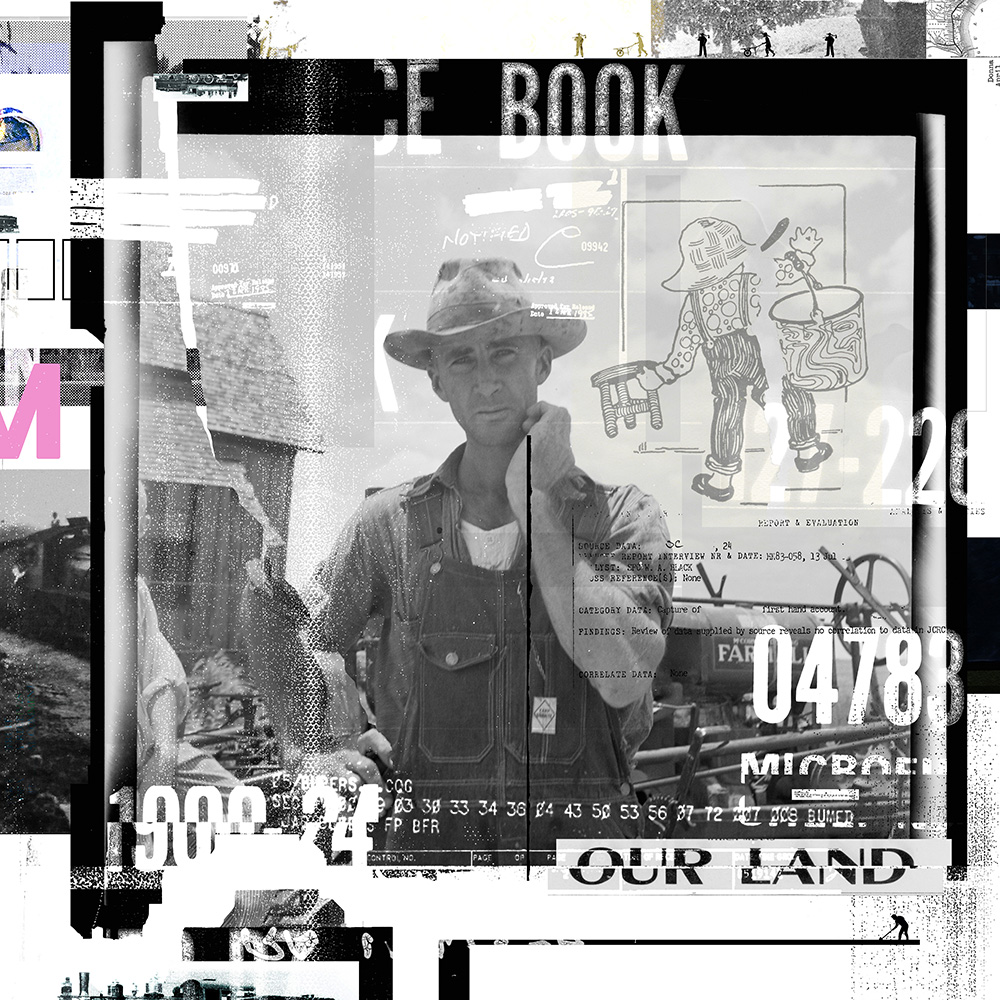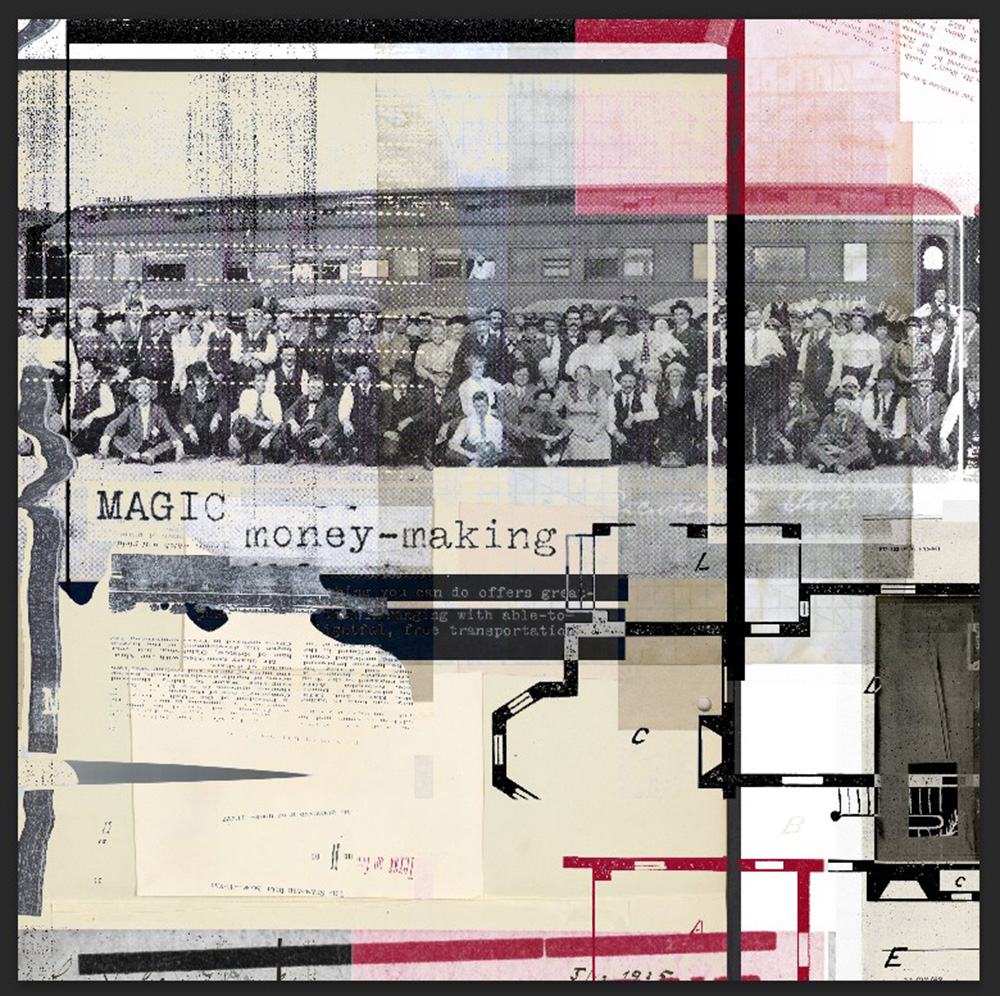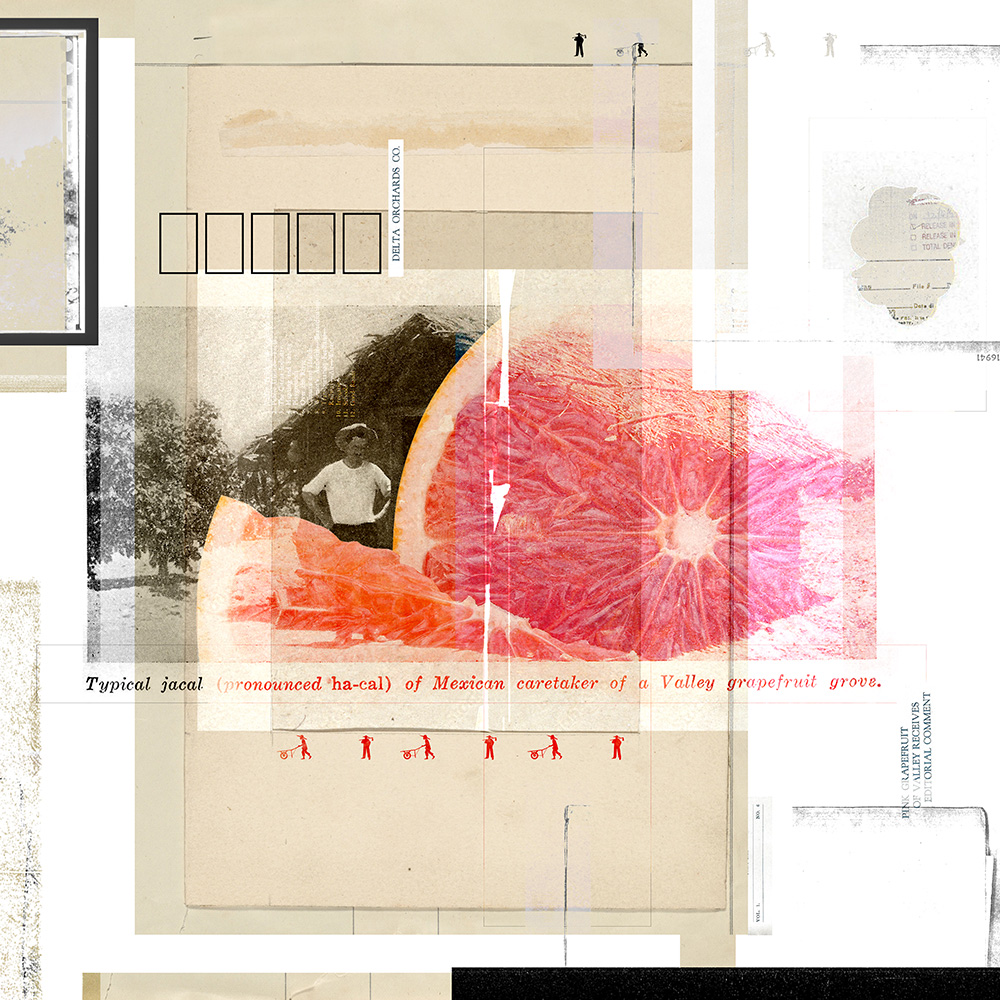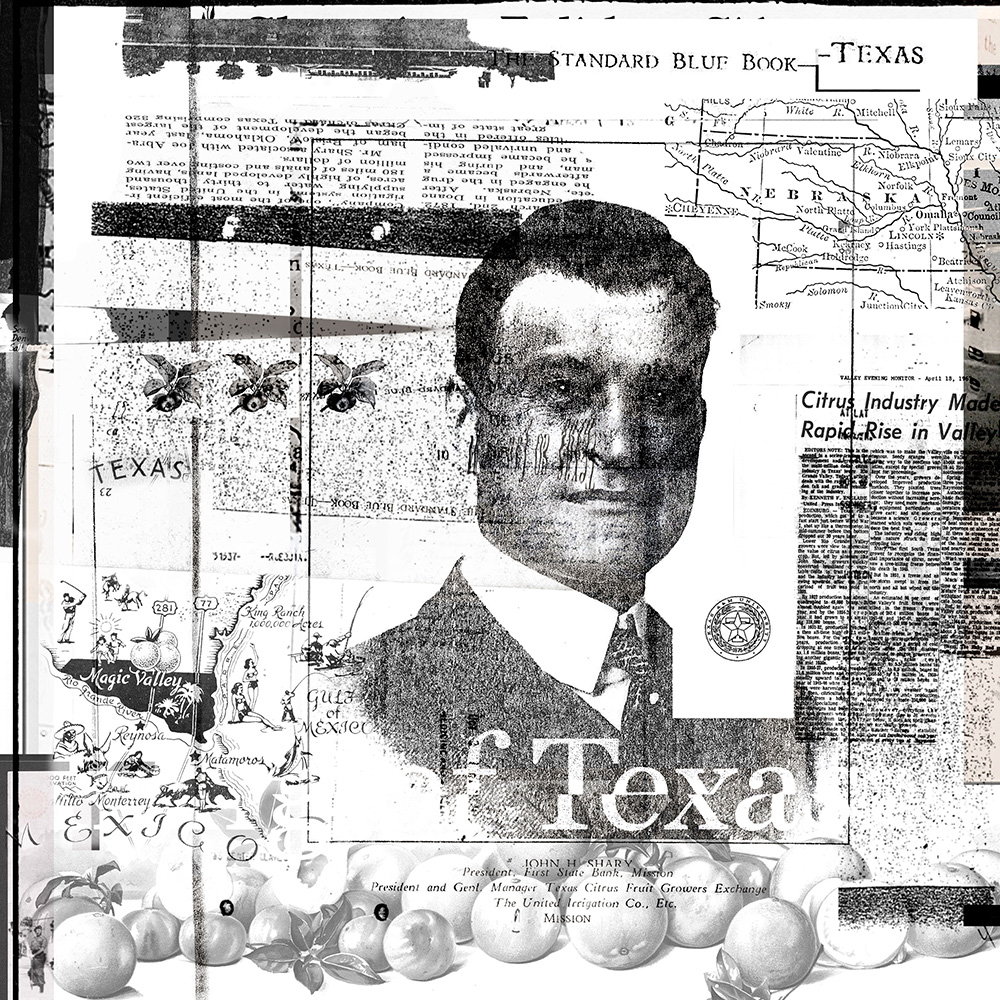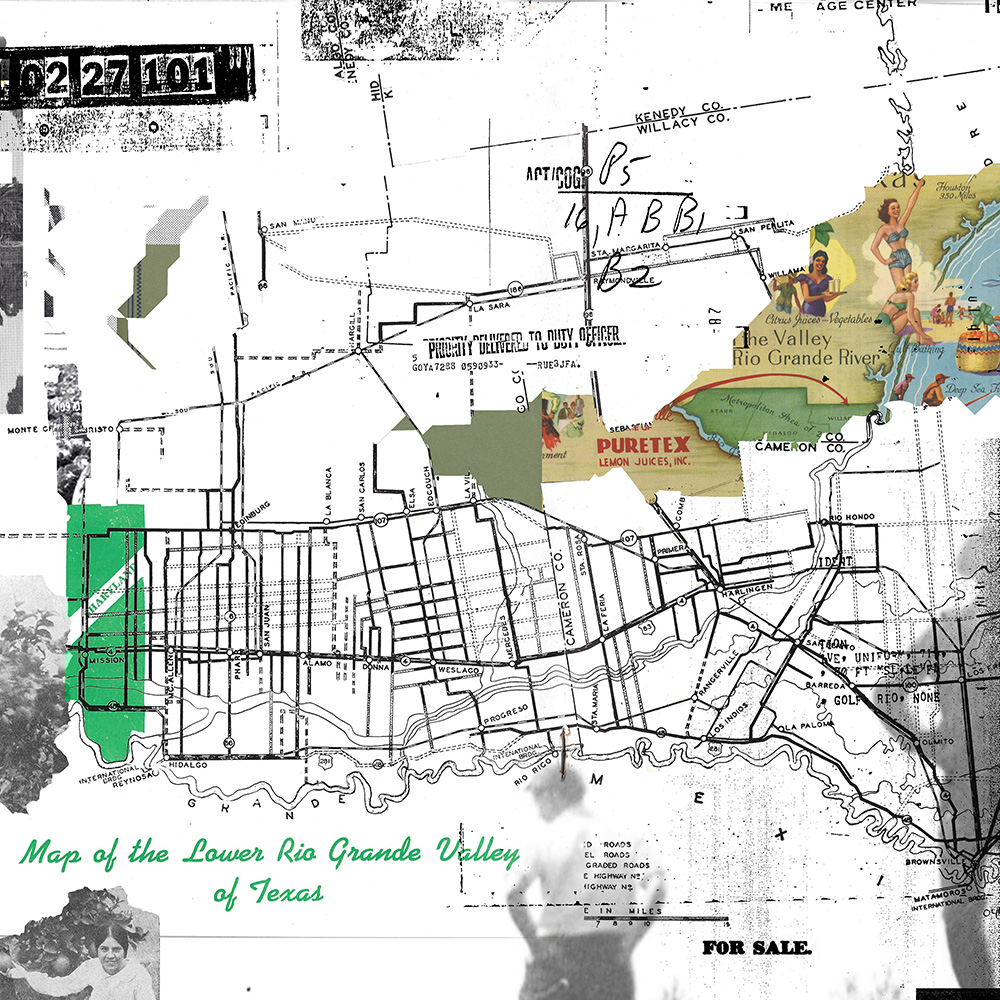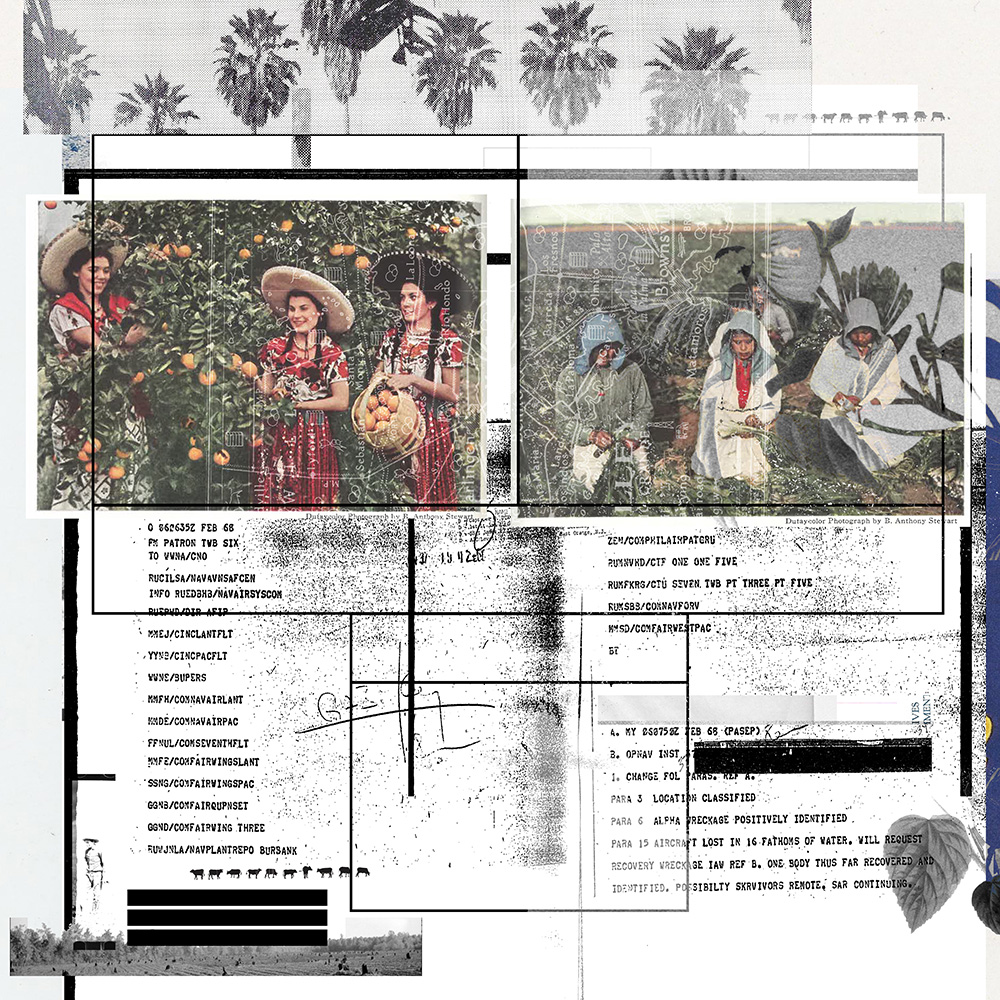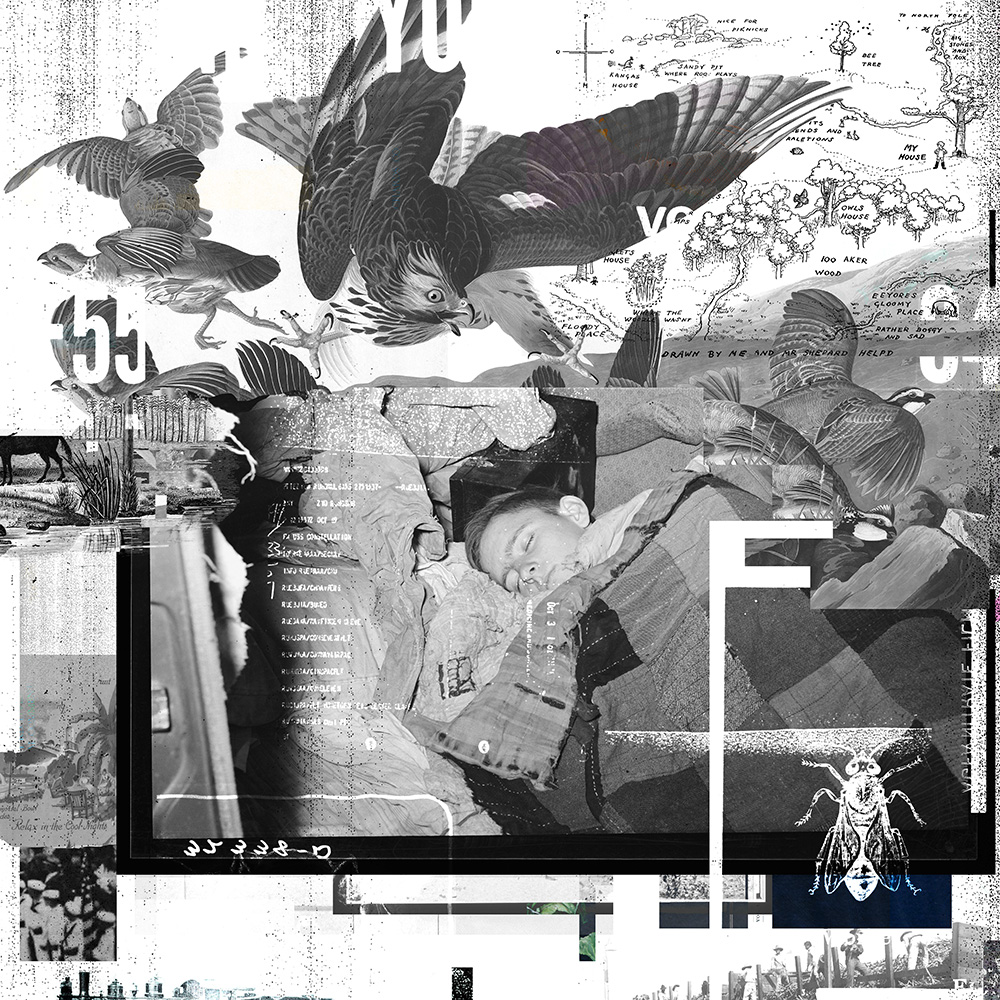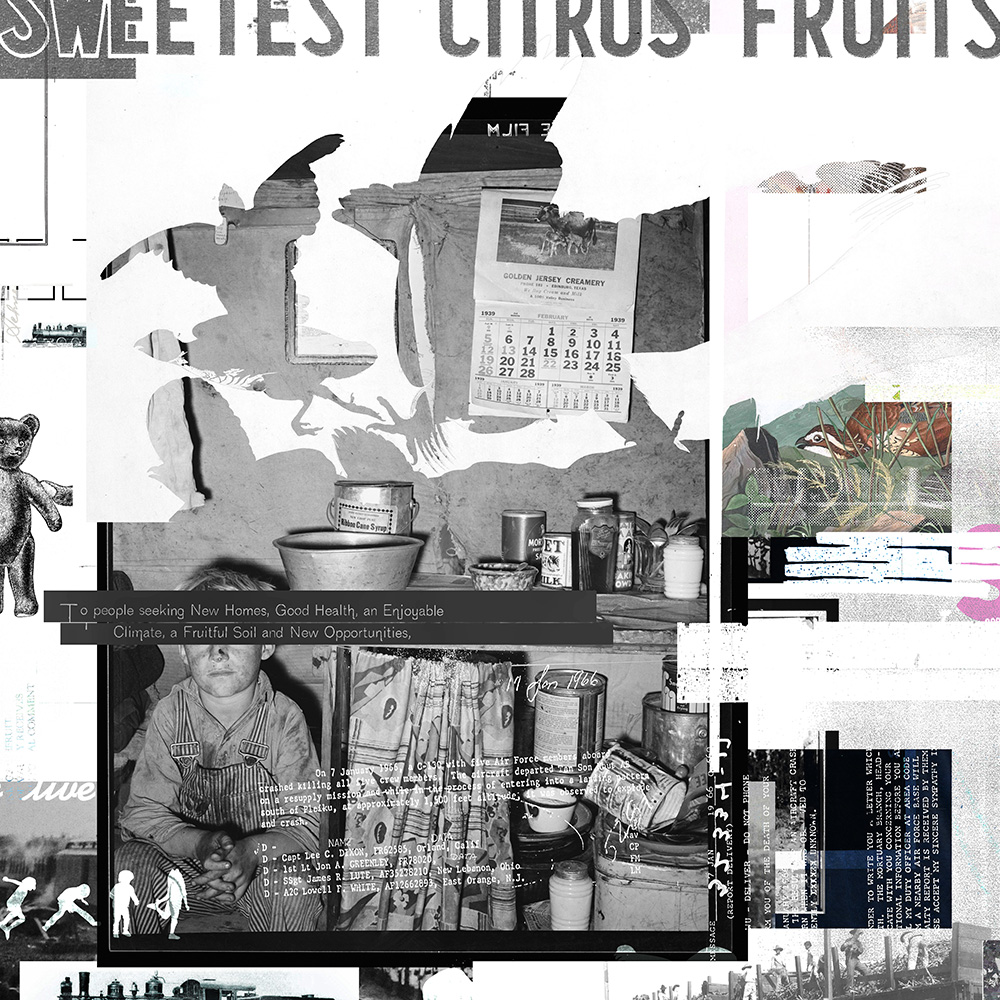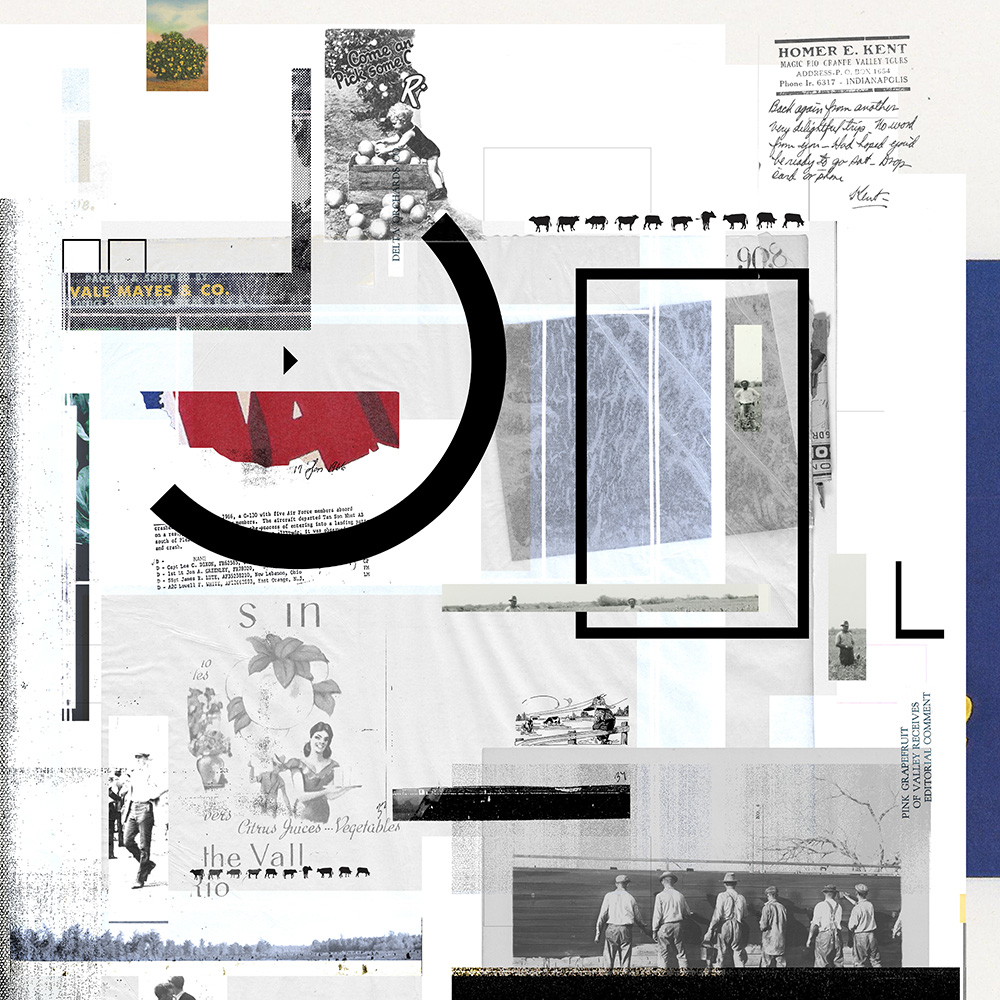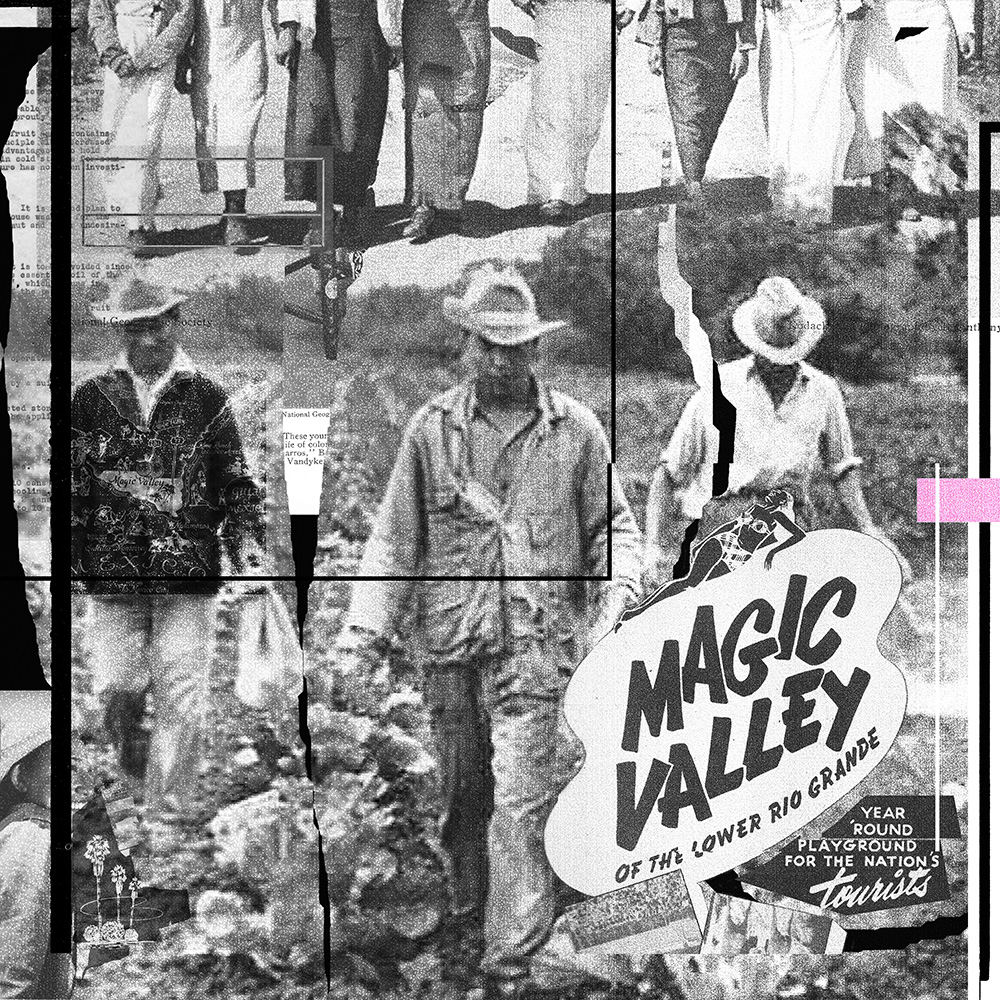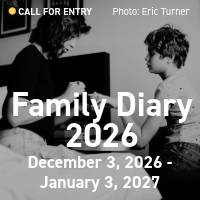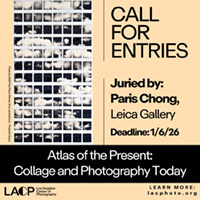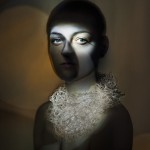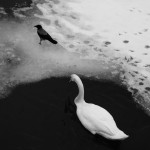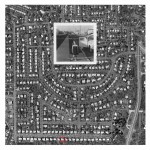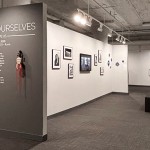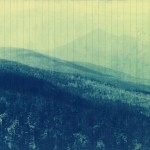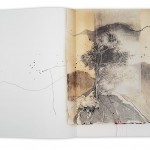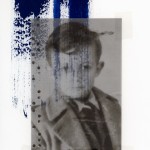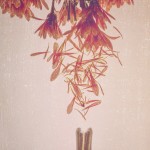Angela V. Scardigno: Greetings from El Valle
I had the great pleasure to juror the exhibition, Words & Pictures, for the Center of Fine Art Photography. The submissions were a motherload of ideas for combing text and photographs and the work of Angela V. Scardigno was a standout. Her work uses documents, photographs , archives, and text to create a narrative about the Rio Grande Valley for her series, Greetings from El Valle. As Scardigno states, “Greetings from El Valle is not just an exhibition but a testament to the power of community and the role of local archives in shaping our understanding of history. My recent works of digital collage are a product of the rich resources at the Magic Valley Margaret H. McAllen Memorial Archive at the Museum of South Texas History.”
A brief interview with the artist follows.
Angela V. Scardigno graduated as a Graphic Designer from the University of Buenos Aires, Argentina, in 2006. While she attended the University, she took classes in several art workshops taught by masters such as Lautaro Fiszman, Aníbal Cedrón, and Carlos Terribili. In 2010, she moved to the United States, where she completed a Master of Fine Arts at the University of Texas Rio Grande Valley in 2019.Scardigno has exhibited work at the Brownsville Museum of Fine Art in Texas, with Vayo Collage Gallery in New York, at the Town Hall of the Gorenjska Museum in Kranj, Slovenia, as well as other galleries across the country and abroad. She has also published in Contemporary Collage Magazine (2022), Kolaj (2020), and Studio Visit (2018). She currently lives and works in McAllen, Texas.
Follow on Instagram: @angela.designer12
Greetings from El Valle
Places are not just physical spaces. They are also shaped by the people and their stories. The Rio Grande Valley is a prime example, a liminal space brimming with diverse and dynamic heritages. Greetings from El Valle is not just an exhibition but a testament to the power of community and the role of local archives in shaping our understanding of history. In this exhibition, I present my recent works of digital collage, a product of the rich resources at the Magic Valley Margaret H. McAllen Memorial Archive at the Museum of South Texas History.
The collection is a time capsule housing early 20th-century documents, photographs, and promotional materials. These artifacts reflect the efforts of land developers who harnessed the power of imagery and text to create a mythical ‘Magic Valley.’ Artists and their patrons, in response to negative perceptions from the north, crafted alluring visions of an agricultural paradise. The art became a catalyst for change, honoring tradition and transforming the predominantly cattle ranch area into new horizons.
Creating artwork and curating this exhibition was a journey of discovery. My team and I delved into the intricate meanings of storytelling, time, and place. We found that art, regardless of its origin, is influenced by philosophy and the environment. As we explored the diverse propaganda materials, we unraveled the complex ideas of beauty, power, land, socio-economic class, race, and identity prevalent during that era.
My Argentinean heritage and graphic design background have deeply influenced this project’s aesthetic choices: a monochrome digital collage that merges contrasts. My affinity for geometrical forms and neutral color palettes, which evoke a spiritual earthly juxtaposition, has allowed me to portray the human and animal, owner and worker, the rich and the poor, Mexico and Texas. The artworks showcase the illustrious ruling elite dandy, the Vaquero (Hispanic cowboy) laborer, the patchwork blanket swaddling an exhausted youth, the cockroach, and the local flora and fauna iconography. A place is inhabited by people, animals, and plants, with life, death, tension, and romance in its effervescent luminous opacity.
Through this series, I seek to honor the past of our region by revealing the untold stories of the laborers who are and were the real “Magic Valley.”
Tell us about your growing up and what brought you to photography.
I had a happy childhood. I remember knowing early on that I would do something related to the visual arts. I would spend hours looking at the colorful pages of a magazine, cutting images that I liked (when it was allowed), placing them on different backgrounds, and playing for hours. I created stories, most of the time, with continuity. I had favorite characters with their personalities, and they would face different circumstances through the stories I invented. I didn’t know it back then, but I was already working on my storytelling skills.What drew me to photography was its storytelling capabilities, the idea of capturing and keeping a moment frozen in time, and the possibility of revisiting it and adding your own ideas and concepts. In some sense, you can control the narrative; you can add your own perspective to it.
With my digital collages from Greetings from El Valle, I worked with archival photography, and I was able to add to the narrative already implied in the photography. I included hints of my interpretation of the time in history I chose to work with.
Your practice is so varied, what draws you to a specific way of working?
I have many different interests and a traditional artist background; I went to school to learn drawing, painting, and other techniques. I was quite resistant to moving into the digital realm.
But technology took over, and I had to adapt. In order to keep working as a designer, I learned all the programs related to this practice.
My current work is chaotic and very bold. It seems that I want to challenge all the good commercial designer rules. I care more about having fun than making something tasteful and functional.
It is like a quiet, rebellious treat for me.
What sparked your project Greetings from El Valle?
What sparked my project Greetings from El Valle was my interest in the Rio Grande Valley of Texas history and my necessity to connect with the community.
I am an immigrant, I came from Buenos Aires, Argentina, and I am living here in the Valley for almost twelve years. I felt the necessity to call this place my second home, and knowing more about its roots would help me achieve this goal.
The Magic Valley Era, which takes us back to the beginning of the 20th century, brings various issues to the surface: complex power strategies, false propaganda, immigration, social injustice, environmental damage, and more—relevant topics both then and now. The Magic Valley Era is relatively recent, and I was interested in connecting with people from the community who lived or had family who experienced this moment in history.
For this project, I had the opportunity to present my work along with other local artists at the Brownsville Museum of Fine Art in Texas. It was gratifying to connect with community members who shared their memories and deeply enriched our understanding of history.
What keeps you creatively engaged?
I keep an art log to stay creatively engaged to document and save ideas and concepts for future projects.
This is very challenging, especially when you work in an environment that is not related to art at all. I work 8 to 5 in an office.
But I keep myself busy, participating in open calls, exhibitions, and publications.
I am also returning to my reading habits; it is essential to stay creatively sharp.
Who or what is inspiring you lately?
I found William Larson’s unintentional collages, especially his “Fireflies” series, very inspiring. In fact, they inspired my Greetings from El Valle work.
Larson experimented with different media to produce meaningful works and questioned the role of technology in defining an artistic language.
With the randomness of his works, he bewilders the viewer and keeps them hooked and connected with his pieces.
I want to experiment with Xerox, photocopies, and random imagery and create surreal narratives to see where this technique can take me.I might work with hand-cut figures and edit them in Photoshop. I would like to see all the possibilities this technique offers. Also, photocopying is one of the few tools I can use at the office.
Posts on Lenscratch may not be reproduced without the permission of the Lenscratch staff and the photographer.
Recommended
-
Ragne Kristine Sigmond: Portraits of Painterly LightDecember 2nd, 2025
-
Mary Pat Reeve: Illuminating the NightDecember 1st, 2025
-
Ricardo Miguel Hernández: When the memory turns to dust and Beyond PainNovember 28th, 2025
-
Pamela Landau Connolly: Columbus DriveNovember 26th, 2025
-
MATERNAL LEGACIES: OUR MOTHERS OURSELVES EXHIBITIONNovember 20th, 2025

